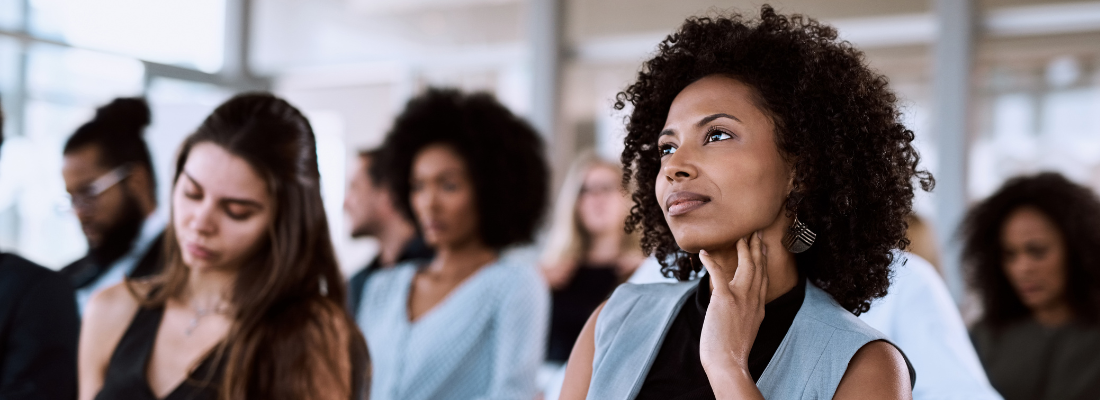


Welcome to the eighth installment in the ongoing Local Diversity and Inclusion Spotlight series. In these blog posts, we’ll be exploring how various countries around the world address diversity and inclusion in their culture and workplace.
Our newest spotlight country? The Dominican Republic, a country that celebrates its Independence Day in February.
Here are some things to know about diversity and inclusion in the Dominican Republic.
Note: Information is excerpted from GlobeSmart Guides.
Opportunities for women are steadily increasing as more women attain higher educational levels and enter the workforce with advanced skills. Companies have responded by providing training and professional development for their female employees. Female managers and executives are becoming a more frequent presence in Dominican organizations. Nevertheless, Dominican culture retains a strong strain of machismo, meaning that many men feel a need to display strength and dominance. This means that female managers generally need to be subtle about how they direct their male subordinates, providing guidance without causing them to lose face.
According to the country’s constitution, same-sex marriages are not recognized. Marriage is defined as being between a man and a woman. In addition, same-sex couples and single people are not allowed to adopt children.
There are no specific entry or residency requirements for those who have HIV/AIDS. However, residency may be denied to those who have an infectious disease. A positive test may be grounds for denial of residency and/or if the person refuses to be tested. The Dominican Republic allows the importation of medication for personal use.
The Dominican Republic’s constitution contains no specific language protecting against discrimination of LGBT persons on the basis of sexual orientation or gender identity. However, hate crimes based on sexual orientation are illegal and punishable.
There have been certain instances when LGBT people have been denied the right to march and assemble.
Homosexuality is considered a taboo topic in the Dominican Republic. There is a strong machismo culture, backed by the strong influence of the Catholic Church. Having homosexual friends is also considered taboo; the person who has LGBT friends may also be labeled as gay. This has the potential to damage a person’s reputation. In addition, “coming out” is not common in the Dominican Republic, and many LGBT individuals keep their sexual orientation secret.
A poll by Newlink found that about 55% of Dominicans support same-sex unions, while only 21.4% found legal marriage acceptable. Also, 80% of Dominicans oppose child adoption or foster care by same-sex couples.
While the Dominican Republic does not offer a large number of businesses catering to LGBT clientele, gay venues are more prominent in large urban areas. The country occasionally hosts LGBT rallies and Pride festivals. Popular gay scenes include Santo Domingo’s Malecon drive and the Conde. Most hotels welcome LGBT persons, including same-sex couples. However, public displays of affection, such as holding hands or kissing in public, are not acceptable and may draw verbal harassment. Rural areas and small cities may be less accepting of LGBT persons.